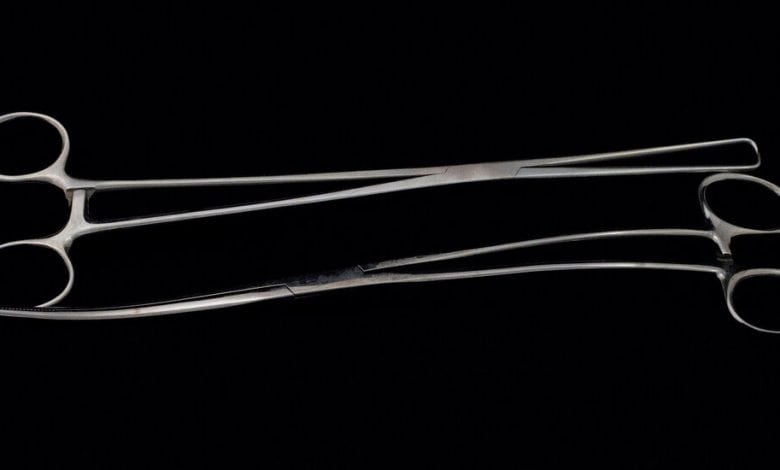Ethical Lapses in the Medical Profession

More from our inbox:
- Don’t Cave, Columbia
- A Florida Book Oasis
- Balloon Release Ban

Credit…Lindsey Beal
To the Editor:
Re “Moral Dilemmas in Medical Care” (Opinion guest essay, May 8):
It is unsettling, and dismaying, to read Dr. Carl Elliott’s account of moral lapses continuing to exist, if not thrive, in medical education. As a neurology resident in the early 1970s, I was assigned a patient who was scheduled to have psychosurgery.
He was a prisoner who had murdered a nurse in a hospital basement, and the surgery to remove part of his brain was considered by the department to be a therapeutic and even forward-looking procedure. This was despite its being widely discredited, and involving a prisoner who could not provide truly informed consent.
A fellow resident and I knew that refusing would almost certainly result in suspension or dismissal from the residency, so we anonymously contacted our local newspapers, whose reporting resulted in an overflow protest meeting, cancellation of the psychosurgery and legislative action placing conditions on the acceptance of informed consent by prisoners.
It is lamentable that even though bioethics programs are widely incorporated into medical education, moral and ethical transgressions remain a stubborn problem as part of medical structures’ groupthink.
As Richard Feynman has emphasized, doubt, uncertainty and continued questioning are the hallmarks of scientific endeavor. They need to be an integral element of medical education to better prepare young doctors for the inevitable moral challenges that lie ahead.
Robert Hausner
Mill Valley, Calif.
To the Editor:
I would like to thank Carl Elliott for exposing the “Moral Dilemmas in Medical Care.” There is a medical school culture that favors doctors as privileged persons over patients.
